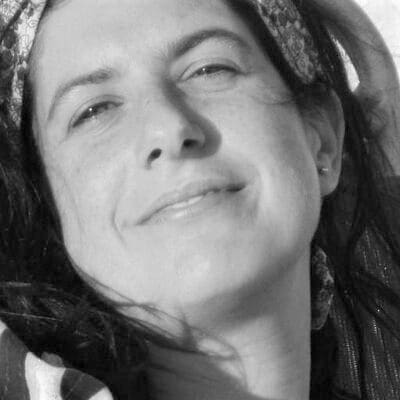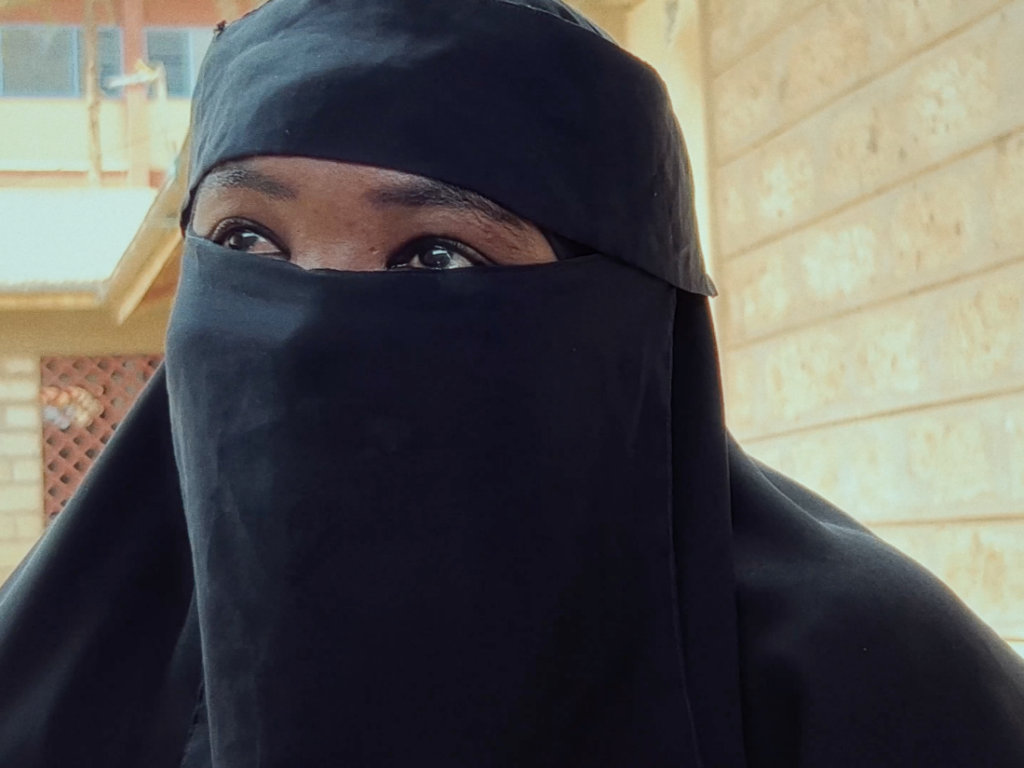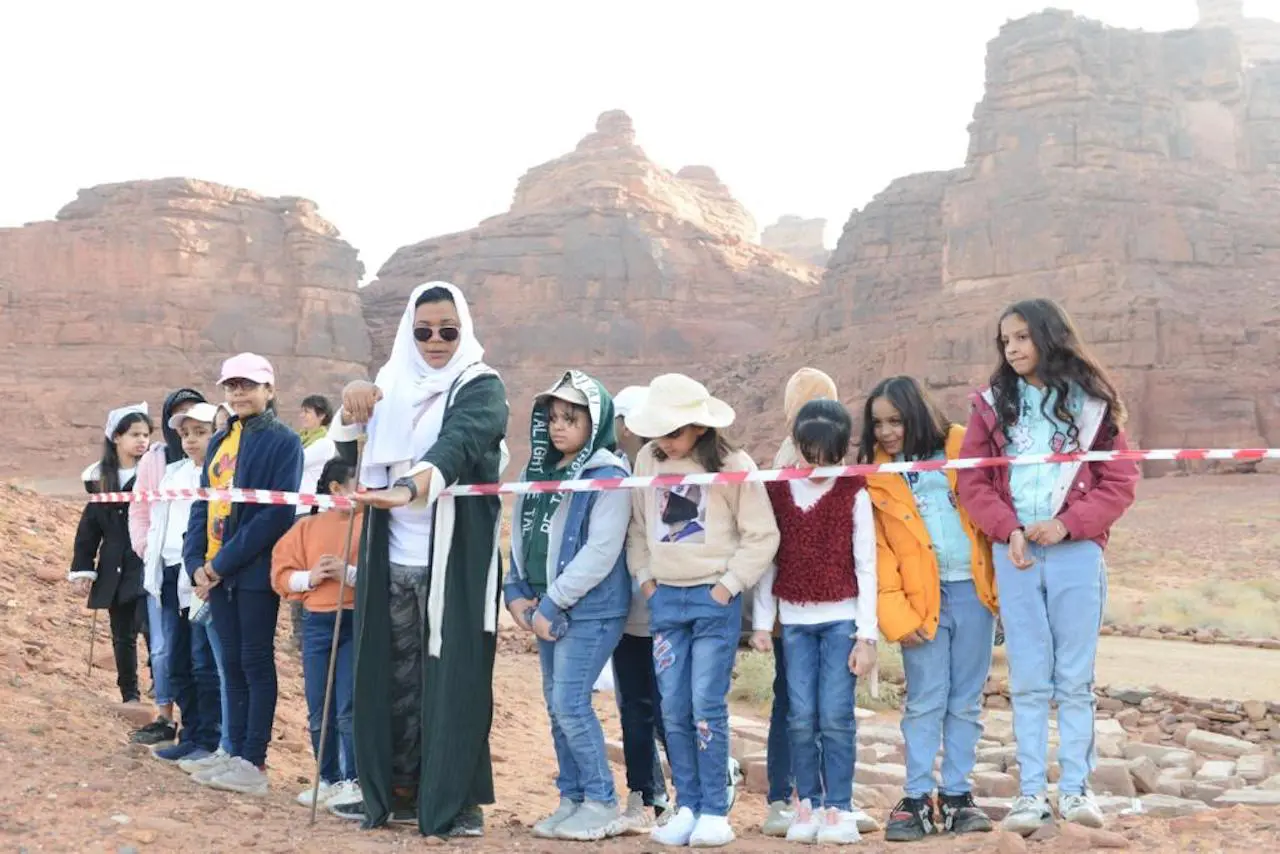Journalist Camila Valero produces documentary on female genital mutilation: “There, on the dry earth, I saw a razor blade.”
With each question, she shook her head as tears streamed from her eyes. The veil around her face became damp from crying.
- 8 months ago
December 11, 2023

Trigger Warning: This story contains detailed accounts of female genital mutilation and may not be suitable for some readers.
NAIROBI, Kenya ꟷ While recording the documentary Female Genital Mutilation for Antártica Press, I found myself in Kenya sitting face-to-face with a young woman about 30 years old. She wore a burka, and I could only see her huge, black eyes. She told me how she suffered deeply from female genital mutilation, also known as FGM.
When she had her own daughters, she swore it would not happen to them despite her grandmother’s insistence. Fearful their grandmother would carry out the act in secret, she refused to leave her girls alone there. As she spoke, we exchanged glances, and when I left her, I carried an emotional scar that would last forever. This woman became impossible to forget.
Read more stories about female genital mutilation at Orato World Media.
Under a veil of tears, she vowed that her daughters would never undergo FGM
While researching for the film, I wondered, when so many mothers went through the trauma of female genital mutilation themselves, why do they want this for their daughters and grandchildren? I soon learned, in this culture, women who do not undergo FGM may be excluded from marriage or having a family. Some people believe “uncut” women should not touch food because they will contaminate it. They may even restrict where the woman can be buried.
While the practice became outlawed in 2011, it continues. I sat with a young woman in Kenya who endured the mutilation of her body as a child. The emotional scars remained visible. When we asked, “Can you explain, what is love for you,” she responded decisively. “I have love for my children.” When we pressed the matter, asking about romantic love, tears swelled in her eyes. It became clear, the mere idea of loving a man after all she went through remained impossible.
With each question, she shook her head as tears streamed from her eyes. The veil around her face became damp from crying. She never wept audibly. Each tear dropped down her face in silence. This pain, still palpable many years later, made her firm. She courageously opted to be the last in her immediate line to suffer from FGM; her daughters would not undergo the cultural practice. “No,” she said aloud. “Never again.”
At the end of the interview, she gently took off her veil and I saw her face. It appeared naked – almost fragile – and wet. Her tear-soaked, swollen eyes reflected the horror she recounted; it felt difficult to see her that way.
They held her down, spread her legs, and cut her at just five years old
When we interviewed Asha Ismail, a Kenyan-born Somali and the founder of the NGO Save a Girl, Save a Generation, shock set in. I felt my body begin to shake. Simply listening to her, a ferocious feeling rose up inside of me.
Intently, I heard her recount how, at just five years old, she eagerly awaited a trip to Moyale on the border of Kenya and Ethiopia to see her grandmother. Her mother explained, you will be purified! To Asha it felt like the night before Christmas. She could barely wait to wake up in the morning, but she had no idea what it meant to “be purified.”

At first light, she rushed to her mother’s bedside who sent little Asha to go and buy two razor blades. When she returned, they had dug a hole in the mud floor of the kitchen. Another woman stood there with Asha’s mom and grandmother. Her grandmother grabbed her hands with all her strength, placed her at the end of the hole, and clutched her so she could not move. They opened her legs, and the woman took those razor blades and began to cut five-year-old Asha’s privates. They put a cloth in her mouth, and she cried, but no tears fells from her eyes.
She recounted the sound of the blade cutting through her skin. After, they sewed her vagina shut with a needle and thread, leaving the smallest hole possible – like the head of a match. That small hole, her mother told her, made her a perfect girl. Asha endured years of serious urinary complications, infections, and unbearable itching. As an adult, she vowed her children would never experience the trauma she endured.
I looked down and saw a discarded razor blade on the dry ground
In time, I understood how taboo it was to talk about female genital mutilation in many communities in Kenya. The case numbers become mere estimates because many women fear criticism for speaking openly. Others worry, because FGM became illegal, their family members will face prosecution. If they disagree with the practice, they face exclusion from their communities, so they live with FGM.
As I walked through a school that served as a practice area for female genital mutilation – and where community members held a protest against it – I looked down at the ground before climbing into my car. There, on the dry earth, I saw a razor blade just like the ones in the photos. My entire world stopped for a moment. Even if it was coincidence, seeing that blade on the ground left me in stunned silence.

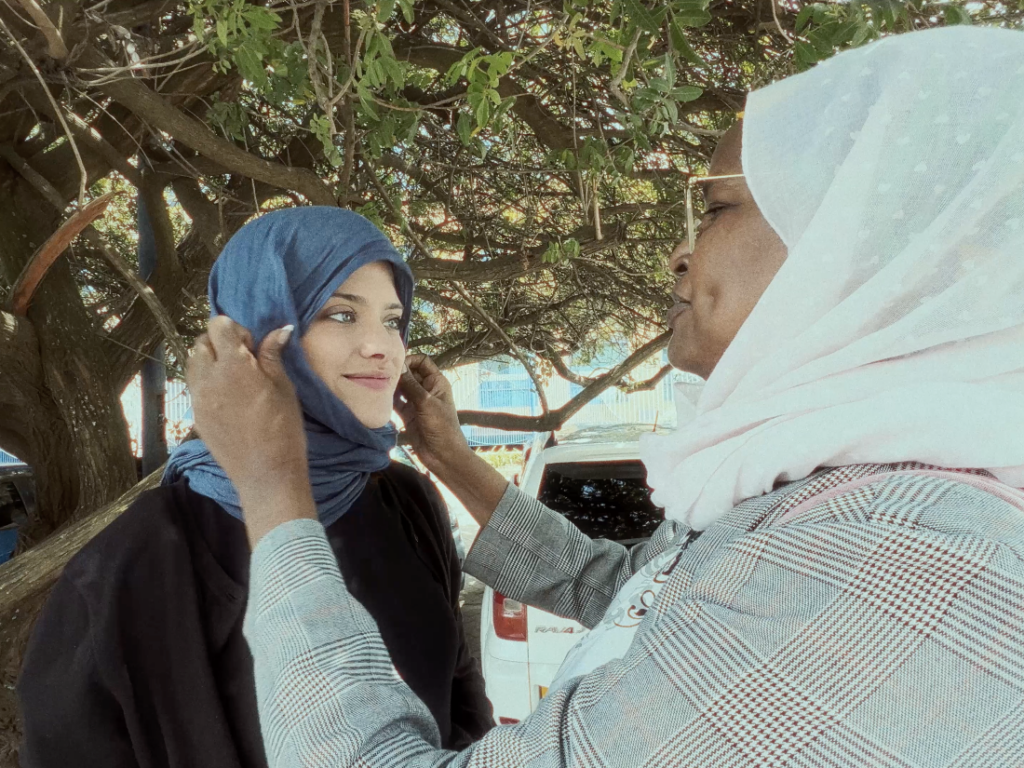
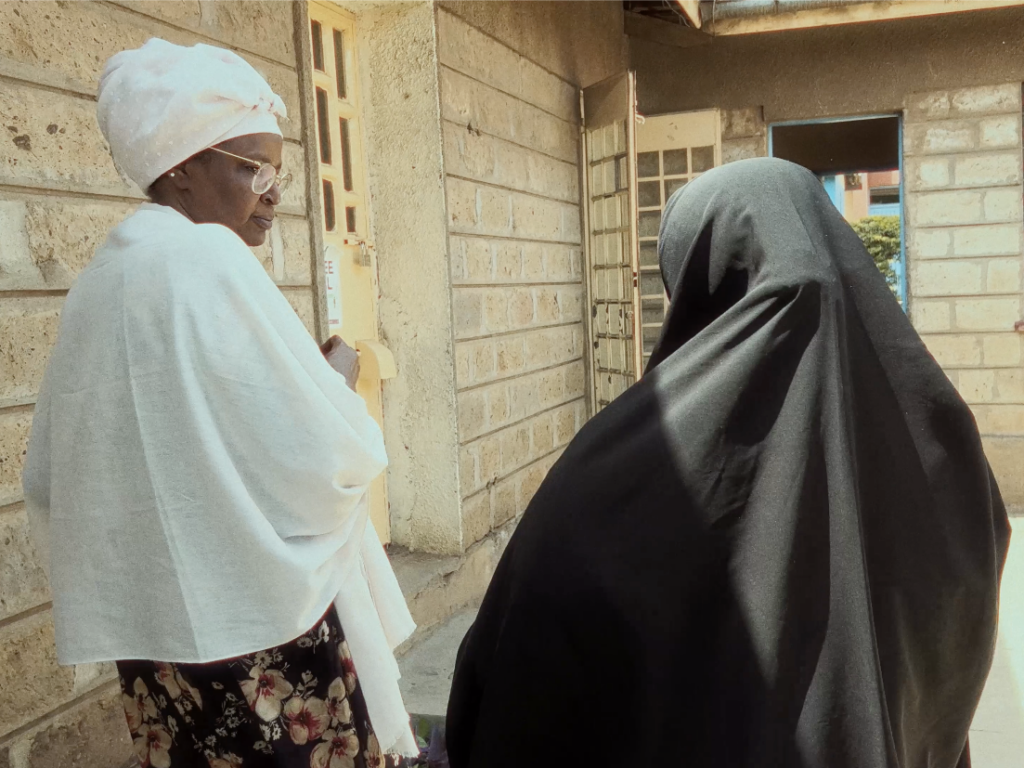
These young girls receive no anesthesia. The feel every move of the blade. They hear the sound as it cuts through their flesh – a sound which remains with them forever, locked in their memories. Sometimes, they cut girls in groups and continue until the blade loses its edge. One man we interviewed said the purpose of female genital mutilation was to deter early sex; to inhibit pleasure. Some believe women should not enjoy sex. Rather, it is simply for procreation.
I felt the weight of covering the topic of FGM in Kenya and Spain. Yet, something hopeful arose from filming the documentary. I met women fighting for a better life for themselves and their children; women who decided history would not repeat itself with their daughters. Speaking their stories aloud gave them a way to create change for the future.
Women like Asha and Fatuma empower women to reject female genital mutilation
Every moment of my work on the documentary, and every encounter, left my heart shattered. Female genital mutilation leaves women trapped in trauma and violates their human rights, but many women heal and learn to live again. These survivors have begun to use their voices to make change in a patriarchal society.
This quiet revolution passes from woman to woman. “No,” they say, “This ends with me. What I experienced will not be repeated with my children.” Organizations like Save a Girl, Save a Generation not only raises awareness, but offers shelter to those who flee their homes for refusing to be mutilated. Others like the NGO Girlkind Kenya, run by FGM survivor Fatuma Hakar, operates a women’s center, trains women in the trades, and offers counseling.
Women like Fatuma and Asha reject the notion that female genital mutilation is a sacred rite. They defy the illusion that women should celebrate cutting girls and they display incredible strength to change society for the better.
According to the World Health Organization, “there are some 200 million women in the world who have undergone FGM and more than three million girls are at risk of being subjected to this practice each year.” I am grateful for those women who stand against it.
